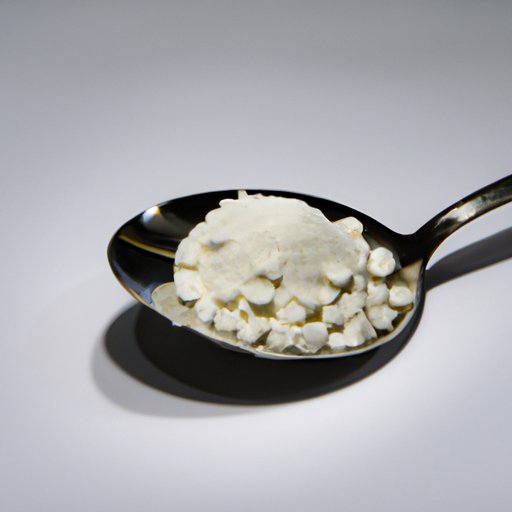
Introduction
Zinc is a vital mineral that plays a significant role in many processes throughout the body, including immune function, wound healing, and DNA synthesis. Adequate zinc consumption is essential for optimal health and well-being. In this article, we’ll explore the benefits and risks of zinc consumption and the amount of zinc you need to take in a day to maintain good health.
Why we need zinc
Zinc is essential for overall health and well-being. It has been shown to support immune function, wound healing, and DNA synthesis. Zinc is also involved in the production of a variety of hormones, including testosterone, insulin, and growth hormone.
Research has shown that consuming adequate amounts of zinc may reduce the risk of several chronic diseases, including heart disease, Alzheimer’s disease, and age-related macular degeneration.
The recommended daily zinc intake varies depending on age, gender, and other factors. For example, adult men require more zinc than women, and pregnant and lactating women need higher amounts of zinc to support their growing babies.
The risks of excessive zinc intake
While zinc is essential for good health, consuming too much can be harmful. Zinc toxicity can occur when an individual takes large doses of zinc supplements or ingests too much zinc through their diet.
Symptoms of zinc toxicity can include nausea, vomiting, diarrhea, headaches, and abdominal cramps. In severe cases, excessive zinc consumption can lead to anemia, kidney damage, and other serious health problems.
Determining your daily zinc needs
The recommended daily zinc intake varies depending on age, gender, and other factors. The National Institutes of Health provides recommended daily zinc allowances for all age groups.
To determine your personal daily zinc intake goals, first, identify your age, gender, and pregnancy or lactation status. Once you have this information, you can use the National Institutes of Health’s recommendations to calculate your daily zinc requirements.
The best sources of dietary zinc
Zinc is found in a variety of foods, including meat, seafood, poultry, beans, nuts, whole grains, and dairy products. Some of the best sources of zinc include oysters, beef, pork, and lamb.
To incorporate more zinc-rich foods into your diet, consider adding more beans, nuts, and seeds to your meals. Oatmeal, yogurt, and cheese are also good sources of zinc that can be easily incorporated into your daily diet.
Signs of zinc deficiency
Zinc deficiency can lead to a variety of symptoms, including weakened immune function, slow wound healing, hair loss, and skin rashes. Individuals who are at a higher risk of zinc deficiency, such as pregnant and lactating women, vegetarians, and people with gastrointestinal disorders, should pay close attention to their zinc intake.
If you are experiencing any of these symptoms, talk to your doctor to determine if increasing your zinc consumption could be beneficial.
The benefits of balanced zinc consumption
Consuming an adequate amount of zinc can have numerous benefits for your overall health and well-being. Zinc has been shown to support immune function, wound healing, and DNA synthesis. It also plays a role in the production of hormones and may reduce the risk of several chronic diseases, including heart disease and Alzheimer’s disease.
Incorporating more zinc-rich foods into your diet is a safe and effective way to support optimal health and well-being.
Supplementing with zinc
Zinc supplements may be necessary in certain situations, such as when an individual is not consuming enough zinc through their diet or has a medical condition that interferes with zinc absorption.
When supplementing with zinc, it’s essential to choose a safe and effective supplement. Talk to your doctor or a registered dietitian to determine if zinc supplements are right for you and to help you choose the best supplement for your needs.
Conclusion
Zinc is an essential mineral that plays a crucial role in many processes throughout the body. Adequate zinc consumption is necessary for optimal health and well-being. In this article, we’ve explored the benefits and risks of zinc consumption and how much zinc you need to take in a day to maintain good health. Incorporating more zinc-rich foods into your diet is a safe and effective way to support optimal health and well-being. Talk to your doctor or a registered dietitian to determine if zinc supplements are right for you and to help you choose the best supplement for your needs.





